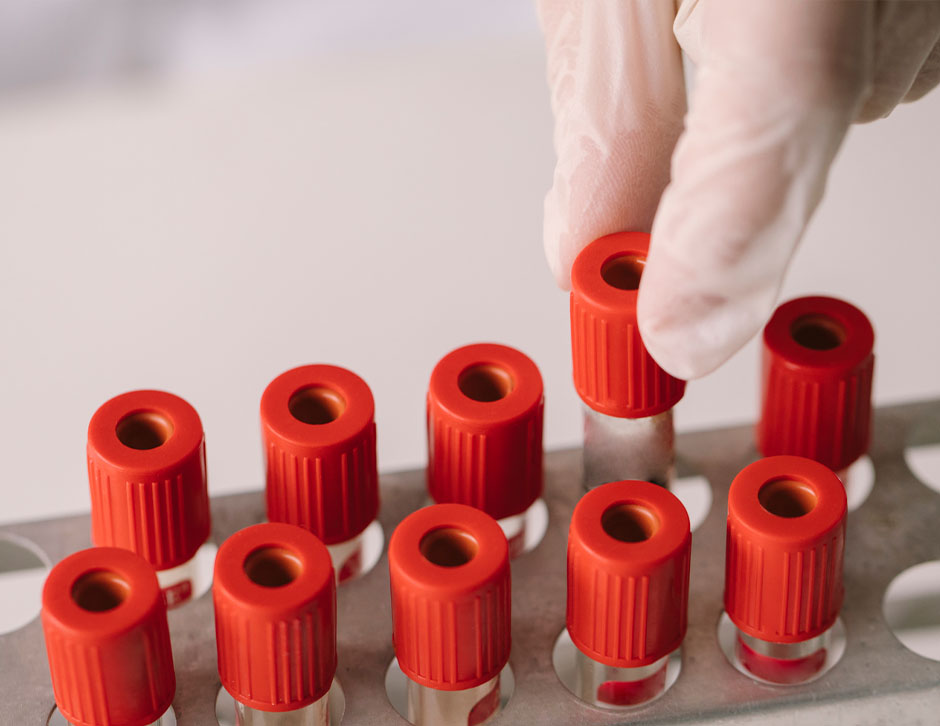
From the Desk of Dr. Z: AgelessRx Co-founder and former Chief Medical Officer, Dr. Sajad Zalzala, offers his expert perspective on achieving accurate kidney function test results. With years of clinical experience and a commitment to empowering patients with evidence-based solutions, Dr. Z shares essential tips to ensure your eGFR readings truly reflect your kidney health.
Here’s what we’ll cover in this blog post:
- What are eGFR readings
- Why accurate testing matters
- How kidney health affects longevity
When it comes to understanding kidney health, eGFR (estimated glomerular filtration rate) is a critical metric. Yet, factors like muscle mass, hydration, and supplement use can skew results, leading to unnecessary concerns. At AgelessRx, we’re committed to helping you interpret lab results with confidence.
Let’s explore common reasons for inaccurate readings and how to get the clearest picture of your kidney function.
Common Factors That Impact eGFR Accuracy
Muscle Mass and Elevated Creatinine
Creatinine, a waste product generated by muscles, plays a key role in eGFR calculations. Individuals with higher muscle mass naturally produce more creatinine, which can falsely lower eGFR results despite healthy kidneys. This discrepancy is especially common among bodybuilders and athletes.
Creatine Supplement Use
Creatine supplements, popular for boosting energy and muscle performance, are converted to creatinine in the body. Regular use before testing may inflate creatinine levels, giving the impression of reduced kidney function.
Dehydration’s Role in False Readings
Dehydration reduces kidney perfusion, concentrating creatinine in the blood and leading to higher levels. This condition can falsely suggest impaired kidney function, even when your kidneys are functioning normally.
Steps to Achieve Accurate eGFR Readings
Pause Creatine Supplements
To avoid artificially elevated creatinine levels, discontinue creatine supplements 3-5 days before your test. This allows the body to metabolize and clear excess creatine.
Stay Hydrated
Ensure proper hydration by drinking 1.5-2 liters of water in the 24 hours before your test. Hydration reduces concentration effects and helps provide an accurate snapshot of kidney function. (Source: NIDDK)
Avoid Strenuous Exercise
Refrain from heavy workouts 24-48 hours before testing. Intense physical activity increases muscle breakdown, temporarily raising creatinine levels. Choose a rest day for your test to reflect baseline kidney function. (Source: AJKD)
Alternative Markers for Enhanced Accuracy
For individuals with high muscle mass or regular creatine use, consider these additional tests:
Cystatin C Testing
Cystatin C is a protein filtered by the kidneys independently of muscle mass. Testing this marker alongside creatinine can enhance diagnostic accuracy, especially for athletes or those on supplements.
Adjusted CKD-EPI Equations
The CKD-EPI equation, commonly used for eGFR calculations, can be adjusted for body composition anomalies like high muscle mass. Discuss this option with your healthcare provider to tailor results to your unique physiology.
Recap: Steps for Reliable eGFR Readings
Here’s a quick guide to ensure accurate test results:
- Stop creatine supplements: Pause for 3-5 days before testing
- Stay hydrated: Drink adequate water 24 hours before your test
- Plan your workouts: Avoid intense exercise 24-48 hours prior
- Explore alternative tests: Consider cystatin C or adjusted equations if standard methods aren’t sufficient
Take Charge of Your Health
Understanding your kidney health starts with accurate eGFR readings. By taking proactive steps and exploring alternative markers when needed, you can gain a true understanding of your renal function. At AgelessRx, we’re here to guide you on your health journey with expert insights and personalized care.
Note: The above statements have not been evaluated by the Food and Drug Administration. This product is not intended to diagnose, treat, cure, or prevent any disease.
